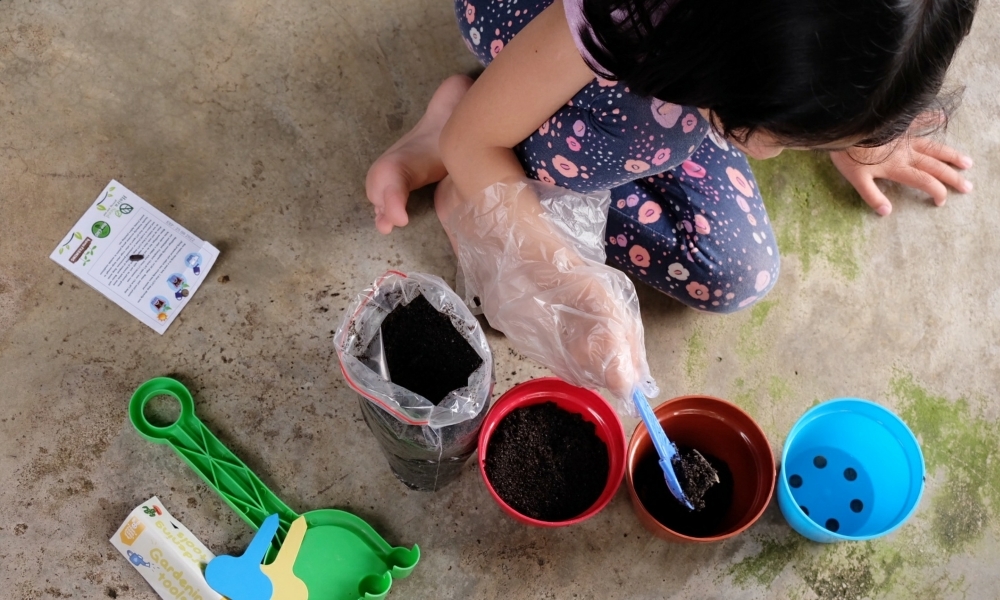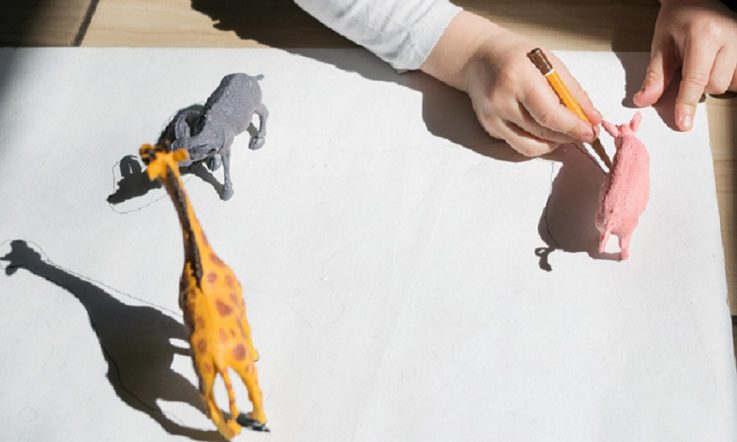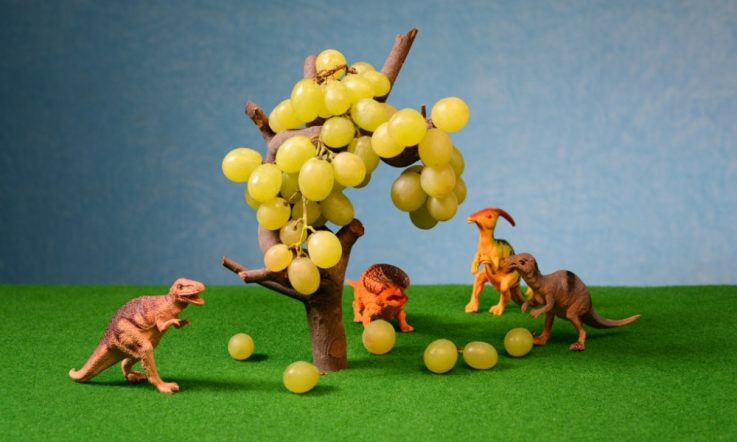Preschools use playful pedagogies to help prepare children for school, but learning through play continues to be of value as students move through the primary years and beyond.
As a teacher, you can support your students to develop skills and achieve progress by providing the conditions for structured and spontaneous playful learning, leading and guiding activities, and knowing when to step back.
Rachel Parker is a Senior Research Fellow at the Australian Council for Educational Research (ACER). She is currently working with the LEGO Foundation on research into learning through play and global measures of play experiences.
She says children develop lots of skills when learning through play, for example taking part in a school garden program. Parker adds there are lots of different types of play, and some educators are now starting to think about providing opportunities for a balanced ‘play diet’.
For example: pretend or imaginative play can help children develop social and emotional skills such as learning how to resolve conflicts; physical rough and tumble helps to develop gross motor skills, risk taking assessment and self-control; and construction play can develop spatial awareness and fine motor skills.
Parker told teachers at an ACER Indonesia sharing session last year that the LEGO Foundation research shows playful approaches, such as project-based learning inquiry-based learning, are being used in schools to positive effect under certain circumstances. ‘These are very similar to learning through play because they’re designed to be around children’s interests, to be fun, giving them opportunities to trial and tinker …’
These approaches are being used in many schools in Australia, the UK, USA and Europe. Examples include kitchen garden programs, inquiry projects, science fairs and arts projects. Parker says when children find learning meaningful, enjoyable and iterative it fosters a love of learning that could last a lifetime.
In adopting this approach to learning, one of the challenges for school teachers is ensuring opportunities for adult-directed or guided play, as well as free play. ‘We need to think about the role of the adult (the teacher or parent). When a child is playing we might think this is an opportunity to do something else, but we can notice, nudge, narrate…
‘However playful pedagogies where children are able to make choices about their learning are more effective. There are things we need to consider before launching into any kind of learning through play activity. The child might be a natural independent learner able to work through tasks, but this may illustrate they’re not being challenged. The most successful activities are often child-driven, and scaffolded by adults.’
Parker told the session another challenge is that many schools use free play time as a ‘reward’ for completing other tasks that are seen as less interesting, but this only devalues play and the opportunity to learn through play. Teachers also have to find time and space for learning through play in a crowded curriculum.
Yuni Widiastuti is a founder of Rumah Main STrEAM, which offers a space for students, parents, teachers and communities to engage in STEAM learning (Science, Technology, Engineering, Art and Mathematics) and learning through play. She told the session learning through play requires children to be interested, and shared examples of simple activities using an ABC loop:
- Amati (Observe): encourage children to gather information using their physical senses and describe their observations – ‘I see …’, ‘It smells of …’, ‘I can feel …’
- Bayangkan/Bertanya (Predict): Don’t stop children from asking questions; if you don’t know the answer invite them to look for the answer with you.
- Cek/Cari Tahu (Check/Find out): Conduct experiments and explore the environment; use different sources of information, such as the internet and books.
Two more steps (D and E) can be added to the loop:
- Diskusi (Discuss): Discuss the results in class and compare them between friends and groups; get students to share their observations, results and what they learned.
- Evaluasi (Evaluate): Ask questions related to the activity and give students feedback; planning for learning through play in advance will result in better activities and results.
Yuni Widiastuti says planning activities will give better results. Do you plan regular opportunities for your students to learn through play or do you rely on it happening spontaneously?
Consider Rachel Parker’s comment about a balanced ‘play diet’: Do you have a good mix in your own classroom? How could you plan for play activities that help children develop different skills?



